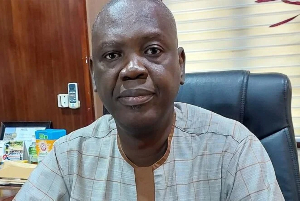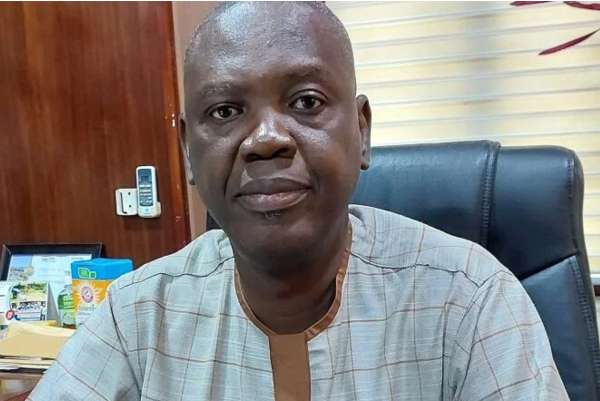 Head of the Central Adoption Authority, Stephen Tikai Dombo
Head of the Central Adoption Authority, Stephen Tikai Dombo
There is a growing interest in adoption in Ghana. In the first six months of this year alone, 158 families tried to adopt children, according to data from the Central Adoption Authority (CAA).
During the same period, the agency, which is under the Ministry of Gender, Children and Social Protection, received 220 adoption requests from various interest groups.
Although the head of the agency, Stephen Tikai Dombo, who compiled these statistics, could not provide comparable data for the same period last year, he was convinced that the numbers had increased.
“This represents a steady increase in the number of applications over the months and reflects a strong and growing interest in adoption,” he told the Ghanaian Times in an exclusive interview.
Breaking down the half-year data, he said 24 applications were received in January, 21 in February, 28 in March and a peak of 41 in April, before falling back to 25 in May and 17 in June.
The number of inquiries he recorded was 70 in January, 31 in February, 39 in March, 35 in April, 27 in May and 18 in June.
Mr Dombo said that families who had already adopted children continued to express their enthusiasm to adopt more children as they considered it a worthwhile and blessed act of supporting needy children.
He stressed that adoption is generally seen as a positive act of support, and referred to a case from the Ashanti region where a couple was blessed with twins of their own within a year of adopting a child.
Mr Dombo encouraged more families to consider adoption and assured the public of comprehensive support and care throughout the adoption process.
He called on society to stop criticizing couples who have fertility problems and therefore took the courageous step of adoption.
Mr Dombo stressed that adoption is an alternative for couples with fertility problems.
He described it as a socio-legal procedure whereby parental responsibility was transferred to the adoptive parents and pointed out that adoption decisions were generally irreversible, with few exceptions.
However, he pointed out a challenge in the adoption process: Some applicants specify detailed preferences for the children they want to adopt, such as physical characteristics or age, which can delay the process.
“For example, an applicant seeking a blonde, hairy and intelligent child may face a longer wait if such a child is not immediately available,” he explained.
Mr Dombo advised applicants to keep their preferences flexible to speed up the adoption process.
As part of an adoption process, an investigation phase of at least six months is required to locate the child’s biological parents.
“If the parents are not found within this period, the investigation can be extended. If no biological parents are found after one year, the child can be given up for adoption,” he clarified.
Mr Dombo assured the public that adopted children would be well cared for, pointing out that Ghana is a member of the Hague Convention which regulates international adoptions.
“The CAA works closely with adoption authorities in other member countries to ensure that children adopted abroad are monitored and well protected. Post-adoption monitoring is carried out quarterly. Reports are sent with photos and videos to document the children’s well-being,” he said.
According to Mr Dombo, from January 2020 to June 2024, the CAA visited 75 adoptive families in eight regions, including 21 adoptions by relatives and 54 adoptions by non-relatives.
“These visits provide psychosocial support, counselling and any necessary assistance to both the families and the adopted children,” said Mr Dombo.

